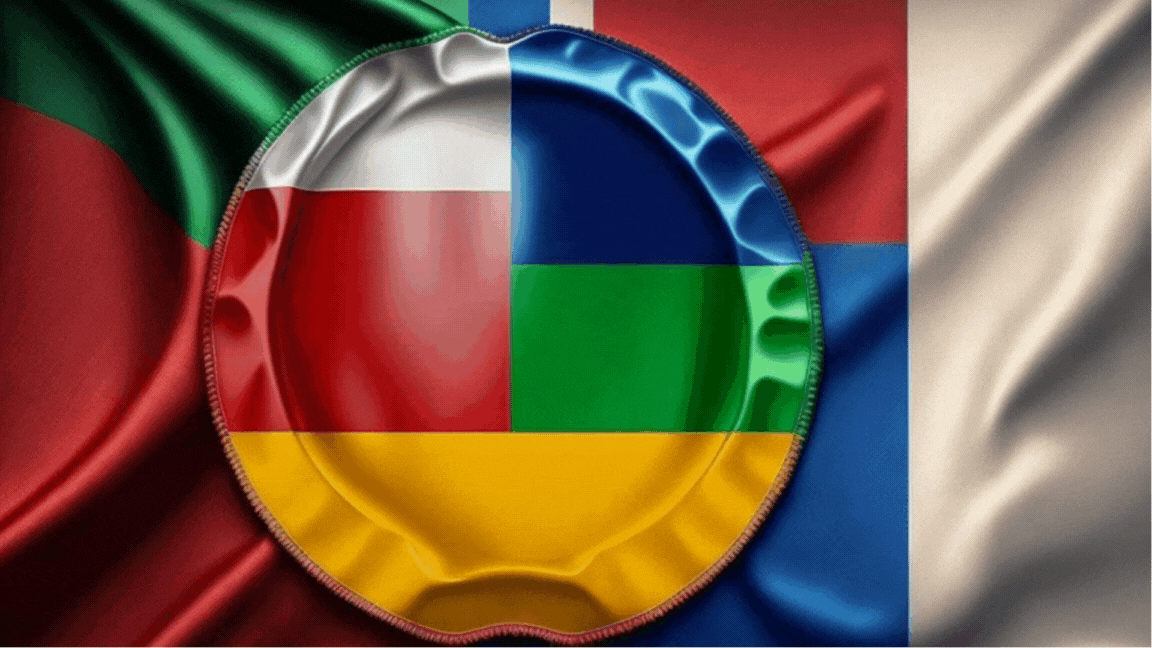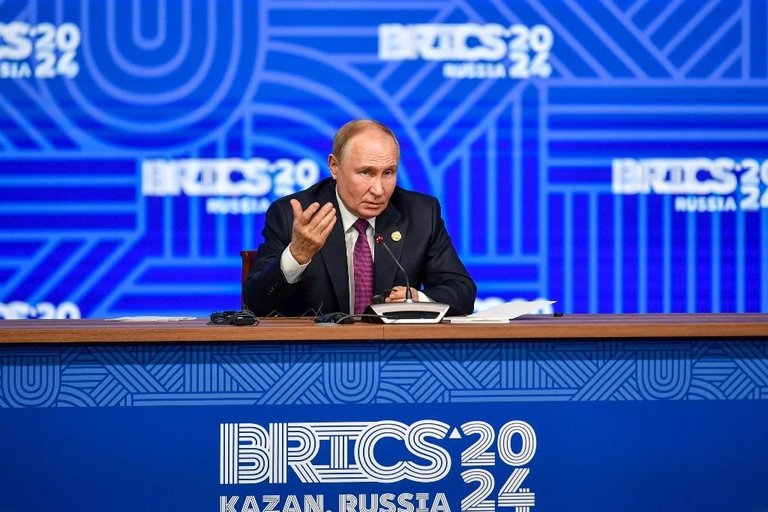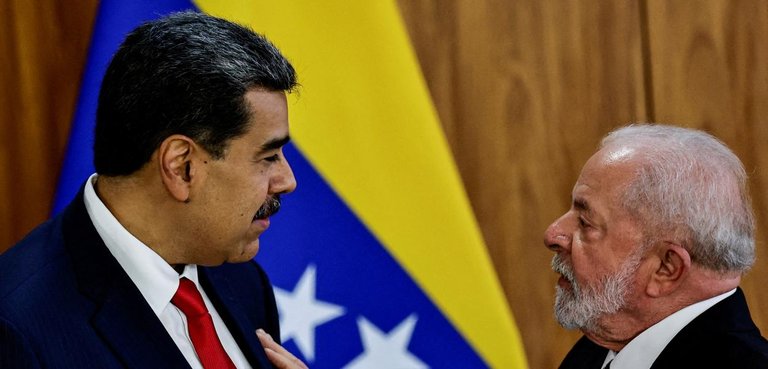The Latin American Report # 351

This week, a BRICS summit in Kazan, Russia, made some headlines. In general, the group is still a long way from displaying the full potential it has, and in this sense, the summit served more to repeat (or make new) declarations of intent—such as strengthening trade, introducing an investment platform, reducing dependence on the financial system of the West, or shielding sanctioned countries—than to show convincing results of the road traveled so far. There is also the issue of the tense relationship between China and India, which in the opinion of one expert is preventing the initiative from really getting off the ground. The bloc has expanded to include countries such as Iran and Saudi Arabia, while other nations have shown interest in joining. Some of the latter, such as Cuba and Bolivia, were included in the intermediate category of partners. However, Venezuela was again prevented from joining even in this role, in a decision forged in Itamaraty. The picture was difficult to assimilate for Nicolás Maduro, who attended the meeting as a guest and has the strategic backing of China itself and, above all, of Russia.
— BRICS News (@BRICSinfo) October 24, 2024
 Putin openly said that he does not agree with Brazil's position on Venezuela and that he hopes that the two countries will be able to settle their differences (source).
Putin openly said that he does not agree with Brazil's position on Venezuela and that he hopes that the two countries will be able to settle their differences (source).The background of all this situation would be the lack of transparency of the Venezuelan electoral process, a dynamic that has led countries with presidents who are not in principle hostile to Chavism—that is, Colombia and Brazil, and to a lesser extent Mexico—to disown the victory that the Venezuelan National Electoral Council granted to Maduro until all debts of basic and disaggregated information related to the electoral results are settled. Caracas is presenting Lula's refusal, giving continuity to a posture adopted by the conservative Jair Bolsonaro, as an artful betrayal of Latin American integration, adopting a colonialist policy of contempt and surrendering to alleged pressures from the United States.
 Source
SourceThey speak of a first Lula, the union leader respectful of the struggles of the region, and a second Lula after his release from prison, chameleon-like and orbiting around Washington. They also criticize the double standards when it comes to measuring the democratic development of a country to decide its inclusion in the BRICS. The Venezuelan attorney general joined a narrative denouncing that Lula faked an accident this week because he did not dare to confront Putin and Maduro face to face to sustain the veto to Venezuela's entry. The truth is that the Venezuelan government's questionable performance in electoral matters is a plausible argument to understand what Lula has done, although he instead may be using it to hide more essential reasons of an economic or political nature. Things have changed quite a lot since Chávez and Castro died. As Cuban National Hero José Martí used to say, “in politics what is real is what is not seen.”
“Com a Venezuela quebrou-se a confiança”, disse Amorim ao GLOBO 🙋♀️🇧🇷 https://t.co/P133uI9y8a
— Janaína Figueiredo (@janafig) October 24, 2024
And this is all for our report today. I have referenced the sources dynamically in the text, and remember you can learn how and where to follow the LATAM trail news by reading my work here. Have a nice day.

